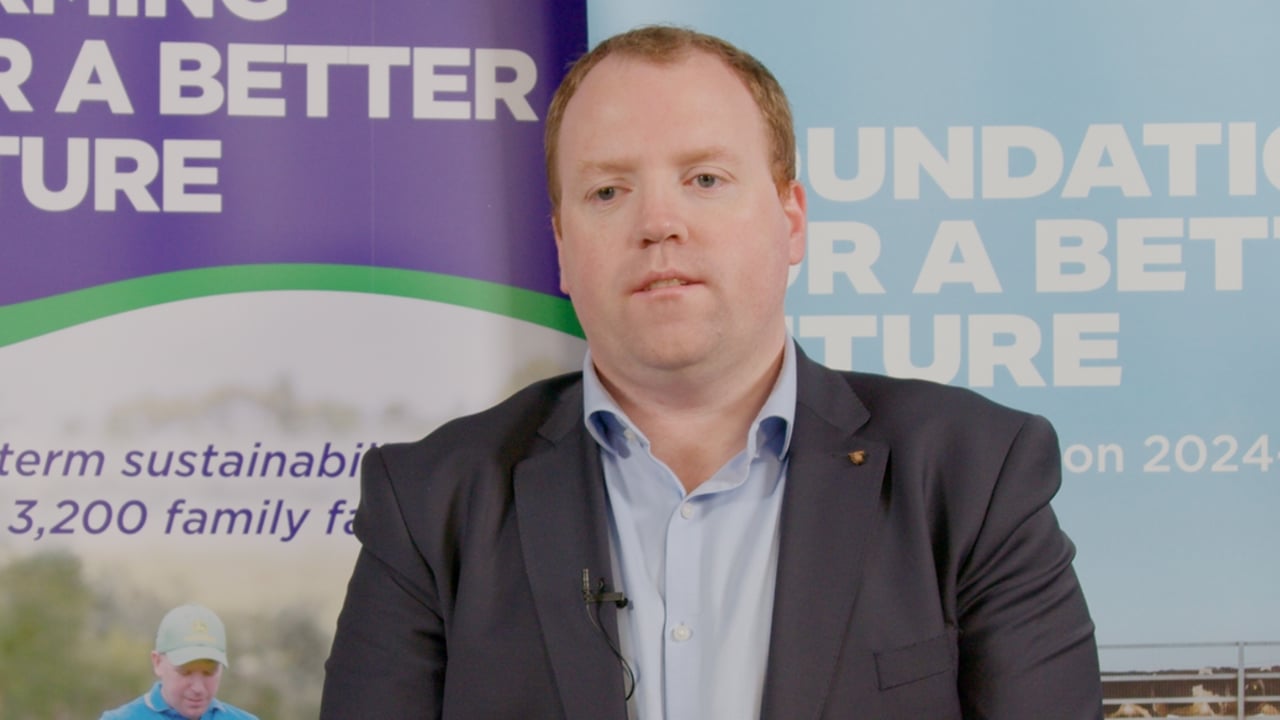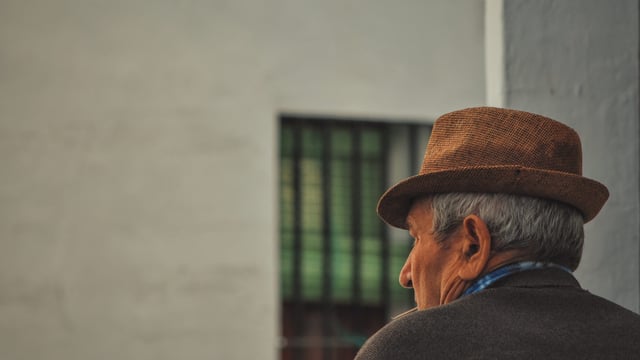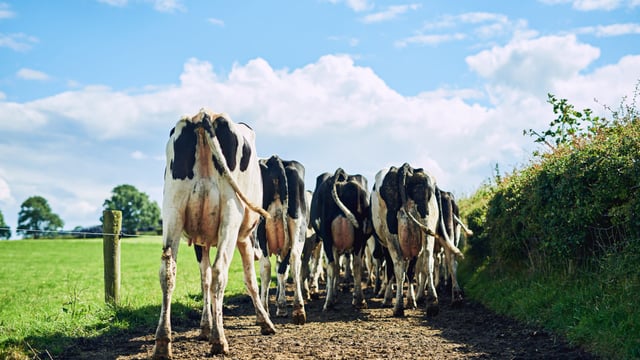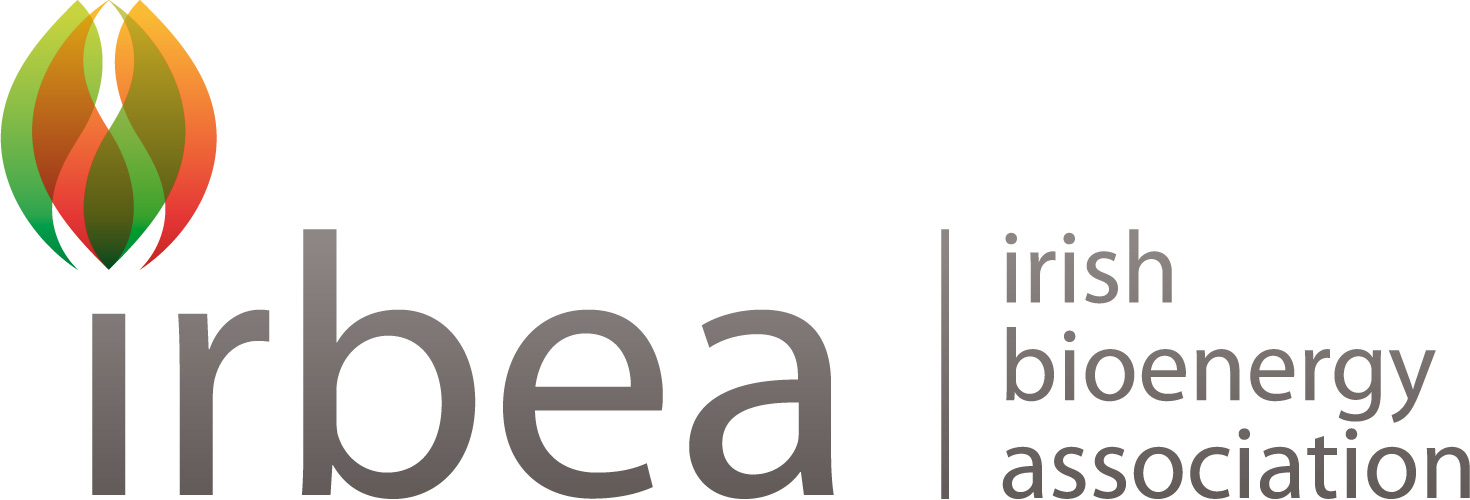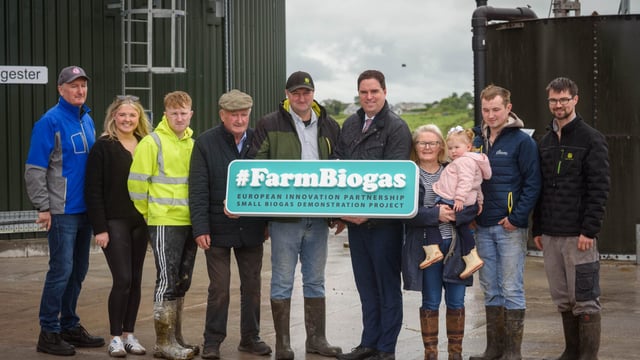Watch: Lakeland CEO calls for 'cool heads' amid tariff dispute
The group chief executive officer (CEO) of Lakeland Dairies has called for "cool heads" from all sides in responding to the announcement of tariffs by US President Donald Trump.
Colin Kelly said that, while Lakeland is not as directly exposed to the tariffs as other businesses may be, the impact of Trump's decision - and how the EU responds - on the global economy is the more pressing concern for the dairy business.
Speaking to Agriland, Kelly said: "The tariffs to me do three things. The first thing they do is create a huge level of uncertainty, and we're all in that space of watching and seeing... The second thing they do is they have a very negative impact on the global economy. And the third thing that they do is they impact on consumer confidence.
"If I look at the business we’re in, trying to sell premium dairy products, you tend to do better when the global economy is in good shape and people have the confidence to travel and to spend money.
"So we don't have a direct exposure in terms of dairy product sales in [the US], so that piece will be manageable, but my bigger fear is around what will actually happen when it comes to consumer confidence and the impact on the global economy," Kelly added.
Lakeland, as a processor with facilities and milk suppliers in both the Republic of Ireland and Northern Ireland, is in the position of having to keep an eye on two different tariff rates, as Trump announced a 10% tariff for the UK but 20% for the EU.
"We have facilities north and south of the border and people are saying to me over the last number of days 'I presume [Lakeland] will produce more product in Northern Ireland now and have the 10% tariff'. The reality is it's never that simple," Kelly said.
He added: "There’s a key person in all of this who must be remembered and that is the costumer, and the customer will have audited and approved our sites, they will have a preference for provenance, they might have a preference for grass fed versus non-grass fed.
"We don’t move product around on a day-to-day basis between the different sites, and I don’t expect we’ll do anything rash in that regard.
"We could take capacity out of some of our sites in the south [and] move it up to the north, but then we’re still incurring overheads on the sites in the south and incurring overheads in the north... We got to look at those things in the round," the Lakeland CEO said.
"But I think the thing we'd be saying in our business is "cool heads". That's what our customers would say as well. Let's see what happens. Of course everybody is worried, everybody is challenged by the uncertainty," he added.
"I think we need to see what happens from a European retaliatory perspective first, and then decide the best course of action, but the most important thing here is we've got a very loyal costumer base, buying premium Irish dairy products," Kelly said.
"I believe they will want to continue to do that. The challenge now will be around affordability; will that have an impact on volume. But I think we’ll all know a lot more as we move through quarter two.
Kelly said that there will be "zero change" to how much milk is collected in the Republic of Ireland in response to the lower rate of tariff that applies to Northern Ireland.
"We've 3,200 farm families. 1,100 of those are north of the border, 2,100 south of the border. It will be very much business as usual at farm level," Kelly said.
He added: "The little worry you would have from a farm level perspective is input costs; so obviously feed product on the island of Ireland will have a certain level of imports coming in from the US. If the EU were to tariff those, that would make inputs more expensive, so that is something we would need to be more mindful of.
However, the Lakeland CEO said that he does not see that having an impact in the short term.

